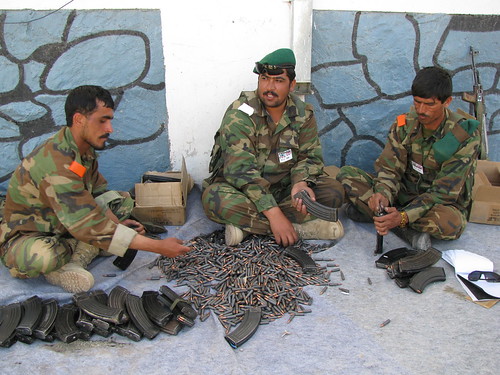Thursday
May292008
Chicken rants at Pelosi on Capitol steps
Democratic congressional primary contender Shirley Golub (D-Calif.) sent one of her representatives to the steps of the Capitol building dressed as a chicken to protest the decisions made by House Speaker Nancy Pelosi during her time in office. Golub’s goal was to demonstrate the uselessness of electing another “chicken” to the House of Representatives. Golub is running against Pelosi in the upcoming California congressional democratic primary.
Golub’s chicken ranted on the west steps of the Capitol yelling different anti-Pelosi sentiments, such as, “Where are all the congressmen? Did they all fly the coop?” and “Shirley Golub sent me here to demonstrate what its like to send a chicken to Congress.” When the chicken was asked why he was protesting, he said that Pelosi was being a chicken about the war in Iraq and impeachment, and even claimed to be one of her cousins.
Golub’s chicken ranted on the west steps of the Capitol yelling different anti-Pelosi sentiments, such as, “Where are all the congressmen? Did they all fly the coop?” and “Shirley Golub sent me here to demonstrate what its like to send a chicken to Congress.” When the chicken was asked why he was protesting, he said that Pelosi was being a chicken about the war in Iraq and impeachment, and even claimed to be one of her cousins.
tagged  Chicken,
Chicken,  Golub,
Golub,  Nancy Pelosi,
Nancy Pelosi,  Protest,
Protest,  benjamin netanyahu,
benjamin netanyahu,  house in
house in  Congress,
Congress,  News/Commentary
News/Commentary
 Chicken,
Chicken,  Golub,
Golub,  Nancy Pelosi,
Nancy Pelosi,  Protest,
Protest,  benjamin netanyahu,
benjamin netanyahu,  house in
house in  Congress,
Congress,  News/Commentary
News/Commentary 






White House Briefing
White House press secretary Dana Perino briefed the press on the president's radio address which will focus on the administration's priorities for Congress. She specifically mentioned the war supplemental funding, the GI bill, the FISA legislation, the Colombia Free Trade Agreement, and the approval of Steve Preston to be the new secretary of the Department of Housing and Urban Development.
The president will be giving the commencement address at Furman University in Greenville, South Carolina. Perino said that the speech will focus on the culture of responsibility and the importance of volunteering and serving in the military.
The main topic for questions was the book of former White House press secretary Scott McClellen which alleges "a culture of deception" in Washington and in the White House in particular during the run up to the Iraq war. Perino said that the president has not read the book and she has not discussed it with him. She said that the White House will continue to push back against the premise of the book that the White House communications department mislead the public as the administration approached the Iraq war.
In response to a question about the allegations that a Commerce Department laptop was hacked into during a trip to China, Perino said that the White House does not comment on on going investigations but that it has taken all measures to protect against cyber attacks, including international trips where White House staff are prohibited from brining Blackberry phones.